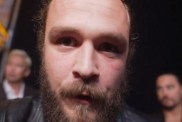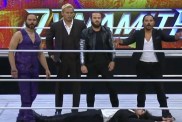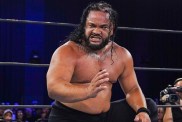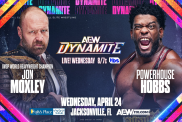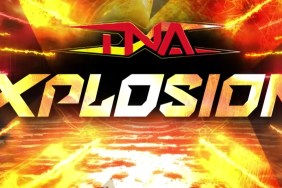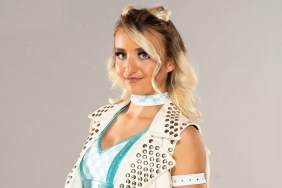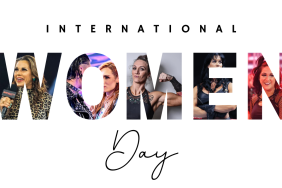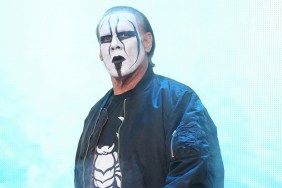I’ve written enough to the IWC, speculating on whether or not the WWE and wrestling as a whole is good, bad or indifferent.
I want to write to the young wrestlers out there, plying their wares in obscure locations, seeking guidance, needing answers and feeling, at times, lost.
Over the next few weeks, I will write a series of columns based upon the lessons I’ve learned from over 22 years in the wrestling industry exclusively for the up-and-coming wrestler. My hope is that you find these articles informative, learn something in the process but realize that my guidance is NOT “the” answer.
I can’t teach how folks how to wrestle, of course, because I am not a wrestler but I can teach a way to think and learn from lessons that are all around us and that will help with all aspects of the wrestling profession.
Remember, my guidance is not “the” answer. There is not one exact answer for many lessons in wrestling. Dr. Tom Prichard says there are many flavors of ice cream because there are different tastes. Tom is one of my best friends in wrestling and is at the top of the list of the many greats from whom I’ve learned.
Trainers who have inspired me
Here are some of my “trainers” who have influenced me and inspired me to teach others.
Cliff Anderson, who taught me my first lessons and gave me my job in wrestling
Eddy Mansfield, who put me on TV and taught me many early lessons in my career
Jim Ross, who inspired me to become an executive and taught me how to prepare as an announcer
Terry Taylor, who taught me to make decisions and stand by them
Danny Davis, who showed me that personal sacrifice helps you achieve your goals
Jim Cornette, who believed in me and reinforced my core beliefs
Les Thatcher, who taught me the value of drills and conditioning
Jerry Brisco, who demonstrated how the basics never go out of style
Pat Patterson, who taught me that every great story has an even better ending
Jack Lanza, who stressed the importance of trust and loyalty
Bob Evans, who taught me many ways to learn and has been one of my most influential teachers
Truth Martini, whose training is always based around logic, with a big dose of entertainment
Delirious, who proves to me all the time that the little things mean so much
Please add Billy Gunn, Road Dogg and the legendary Armstrong family, Jeff Jarrett, Paul Heyman, Tazz and William Regal to the list of my teachers as well as Gordon Solie, Lance Russell, Bob Caudle, Tony Schiavone and Ole Anderson who have inspired and taught me as well.
So, enough about me… what about you? What can I teach you? The lessons that this panel of legends have taught me.
First lesson, manage your time wisely.
If you are given one minute of interview time, take every second and fill it with emotion, passion and energy. Be dynamic and avoid clichés. Stop doing impressions of other interviews you have heard on TV. Ask for the business. Tell fans they can’t afford to miss you in action (and then back it up)
As I wrote earlier, Brutal Bob Evans has shared some of his non-wrestling training materials with me, like the author and entrepreneur, Seth Godin. Read his stuff at http://sethgodin.typepad.com. I ran across this and it struck me like the timekeeper’s bell hammer on my kneecap.
On going over your time
There’s never enough time to get your message across. Even Fidel Castro, famous for giving six-hour speeches, had plenty more to add.
If you’re given 8 minutes, take 8 minutes minus 7 seconds, not 9 minutes. The extra minute is selfish. The extra minute doesn’t actually make that much of a difference in how much you are able to communicate.
In fact, it’s the non-verbal communication we remember, and if you are rushing, apologizing and stepping on the toes of the person after you, that’s what the audience will take away.
“It’s the non-verbal communication we remember.”
I’ve seen so many young wrestlers in my career who can’t write a short story because they don’t have confidence in themselves to connect with the audience emotionally. Start showing your emotions and watch how the audience connects with you.
Then, your emotional connection – the non-verbal communications, becomes the takeaway. The moves in a wrestling match are the same as the words in a speech. If the audience remembers the non-verbal communication – the emotional connection – you don’t have to do as many moves. The audience forgets them anyway.
Fewer moves = longer careers
Always hit your time. If you can’t hit it exactly, go under time and sell.
Thanks to all my trainers, teachers and friends and thanks to you for reading.
Any thoughts? Feelings or emotions? Share them with the paying crowd or with me on Twitter @RealKevinKelly
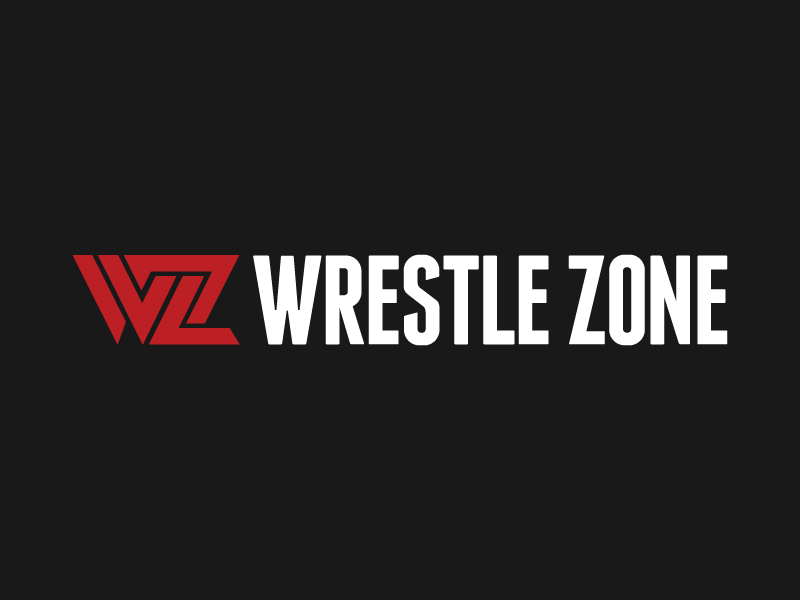
 Nick was born and raised in Detroit, Michigan, and lived there until the age of 18, when he decided to pack his flack jacket and move to New York City.
Nick was born and raised in Detroit, Michigan, and lived there until the age of 18, when he decided to pack his flack jacket and move to New York City.